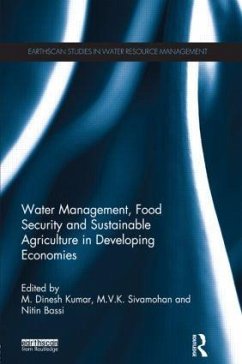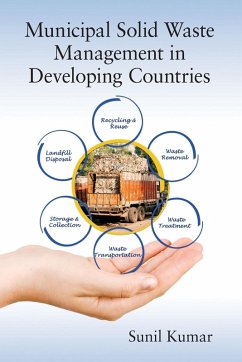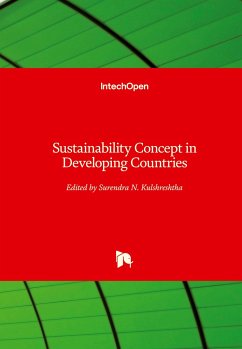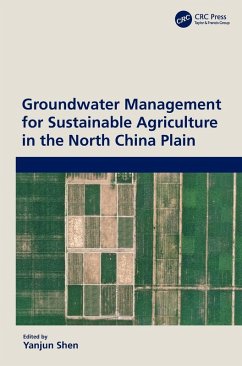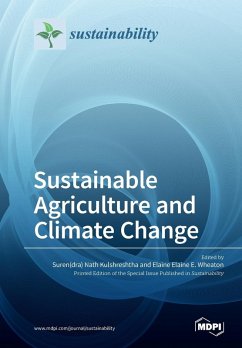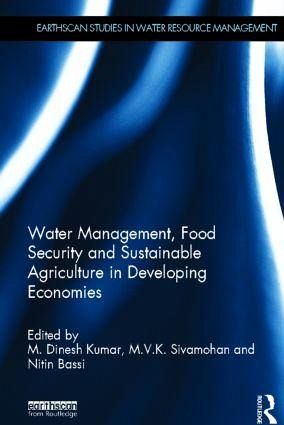
Water Management, Food Security and Sustainable Agriculture in Developing Economies

PAYBACK Punkte
97 °P sammeln!
India is a fast developing economy whose natural resource base, comprising land and water supporting agricultural production, are not only under enormous stress, but also complex and not amenable to a uniform strategy. This book addresses strategies for food security and sustainable agriculture in India, including lessons to be learned in other developing economies across the world.





